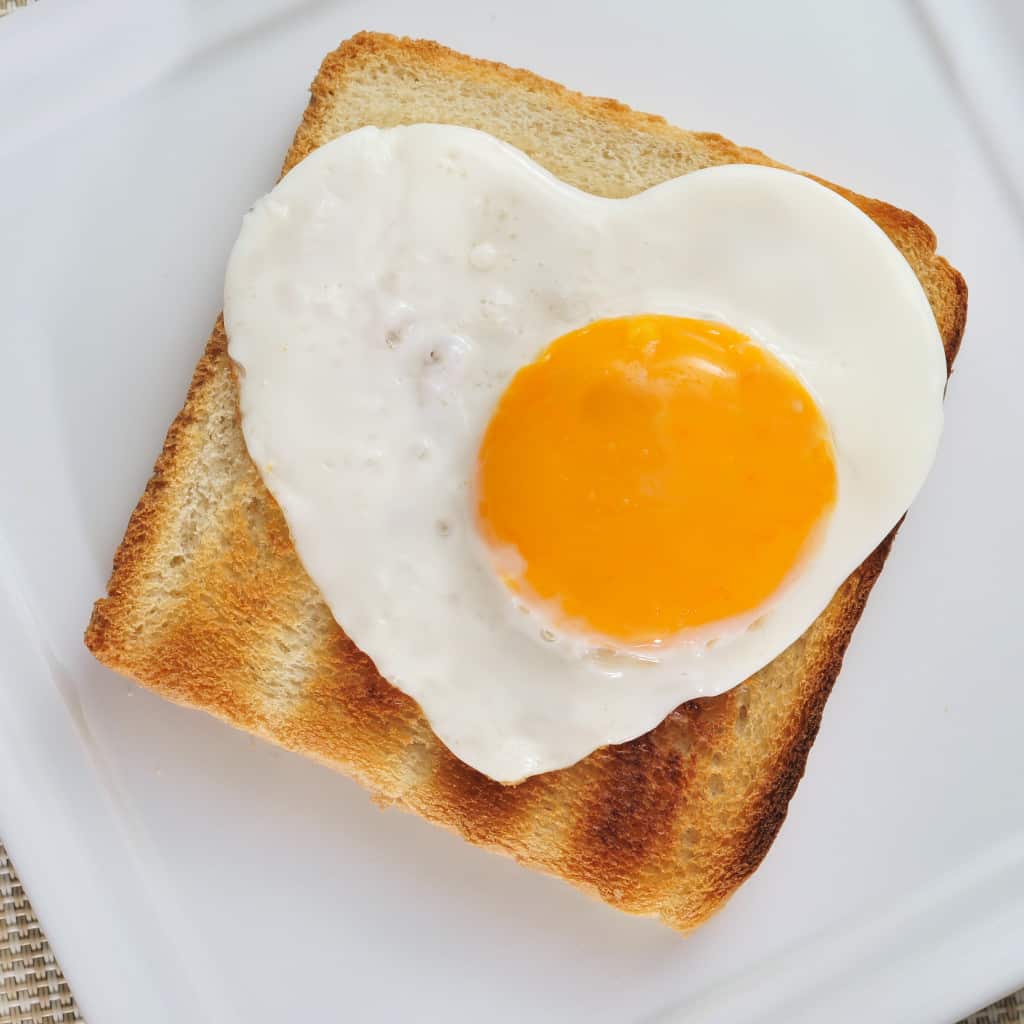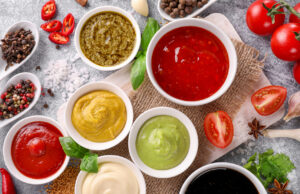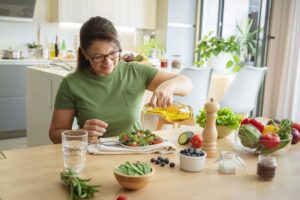Here’s What It Means For You
Every 5 years, the US government updates its dietary guidelines based on recommendations from an independent committee of 14 nutritional experts who review the latest scientific and medical research. The committee released its report last month and below I’ve highlighted a few proposed modifications that affect the diet of women over 50. In a nutshell, eggs and coffee are good, sugar and refined grains are bad, and the report encourages a more environmentally friendly diet that includes less meat and more plants and fish.
Dietary Cholesterol Isn’t the Culprit:
Years of research show that dietary cholesterol has little, if any, impact on the levels of blood cholesterol in most people. Egg yolks and shellfish are back on the menu, guilt-free. These low calorie, nutrient dense forms of protein should take center stage in the diet of the over 50 crowd. In addition to bolstering strength training, consuming sufficient lean protein will help slow down the loss of muscle mass as we age. Fuel your body and stabilize your blood sugar in the morning with eggs. Serve a scrambled egg and added egg whites over a bed of greens and roasted vegetables. Top it off with avocado, tomatoes or salsa and enjoy this waste-friendly breakfast frequently.
Drastically Reduce Added Sugar:
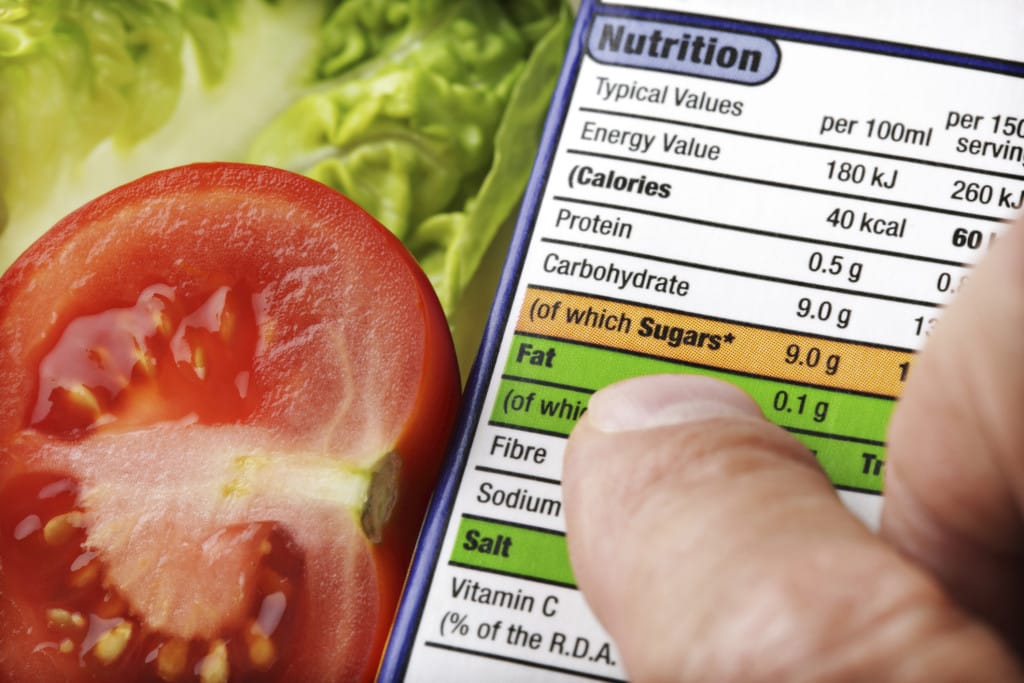
Currently Americans eat on average 22-30 teaspoons of added sugar a day. The panel suggests restricting our intake to no more than 10% of total calories. For someone that consumes 1400 calories a day, that’s roughly 9 teaspoons – a huge improvement, but still far too much for women over 50. We become more insulin resistant as we age and, consequently, added sugar (and refined grain) converts to fat quickly once consumed.
To keep looking and feeling your best, limit your added sugar intake to 5 teaspoons/20 grams daily. According to Sugarscience.org, 74% of packaged goods contain added sweeteners so read food labels and ingredient lists carefully. Become familiar with the many aliases of sugar and limit foods that add the sweet stuff. Culprits for 50 plus include: fruited yogurt, sweetened teas and coffees – yes that 16oz chai tea latte has 10 plus teaspoons of added sugar – juices, low-fat salad dressings, cereals, high fiber “healthy” breakfast bars, and low-fat frozen desserts. Satisfy your sweet tooth or sweeten your food with fresh or frozen fruit instead.
Enjoy Your Java:

Hallelujah – The committee suggests that drinking 3-5 cups of unsweetened coffee can be good for us. As much as I love coffee, I support this recommendation with caution. As we age, most women become more sensitive to caffeine. Too much can disrupt our sleep, over activate the bladder, cause jitteriness throughout the day and exacerbate hot flashes/night sweats. And, according to current research and the National Osteoporosis Foundation, if we don’t consume the recommended 1200mg of calcium daily, caffeine can weaken our bones. So enjoy java enough to enhance productivity avoid flavored syrups, packets of sugar and full fat dairy/non-dairy creamers. Remember to eat calcium-rich foods.
Consume Less Meat, instead eat a more plant-based diet:

The panel lifted its restriction on total fat consumption and instead advised us to replace saturated fat found primarily in beef, pork, lamb and full fat dairy with unsaturated fat found in fish, nuts, seeds, and plant based oils. They encourage the consumption of more vegetables, fruits, whole grains, legumes, nuts and seeds and moderate amounts of low- or no-fat dairy and fish. And research continues to support a similar diet reduces your risk of heart disease (the leading cause of death in women) and cancer.
What to do?
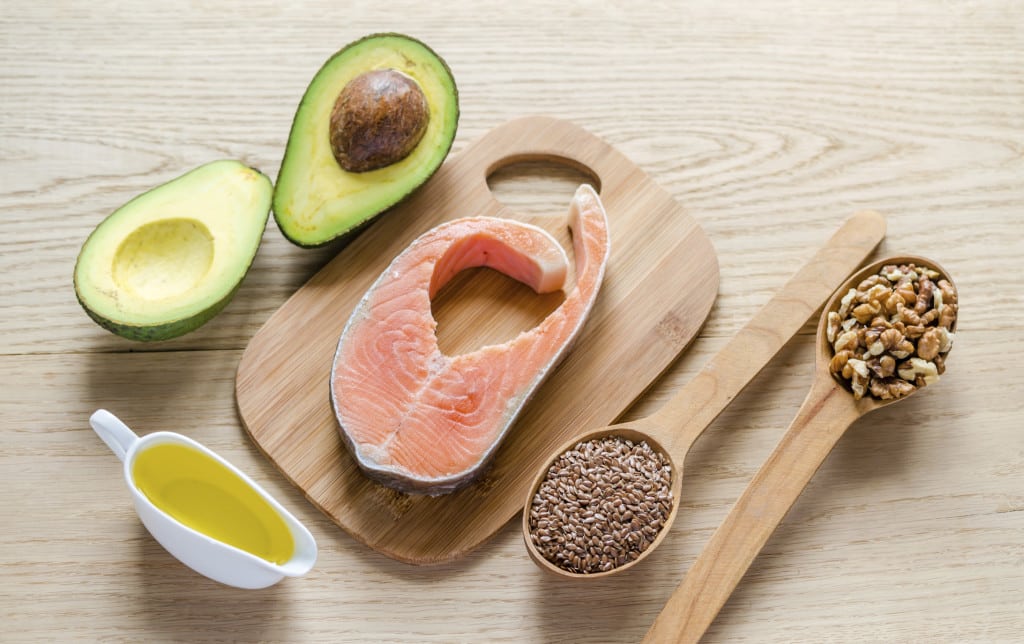
In the words of celebrated food writer Michael Pollan: “Eat [real] food. Not too much. Mostly plants.” Eat whole foods as they exist in nature, not processed ones, make veggies the volume of your meal such as lean protein from plants and some fish, eggs, poultry and low-fat dairy the substance. Don’t fear healthy fat. Substitute water for the sweetened beverages.
To view all the committee’s suggestions, click here.
For help with your diet, contact Jean Varney at [email protected]. All consultations are conducted over the phone.
This article is for informational purposes only, is not intended to diagnose, treat, cure or prevent any disease, and is not a substitute for medical advice.


